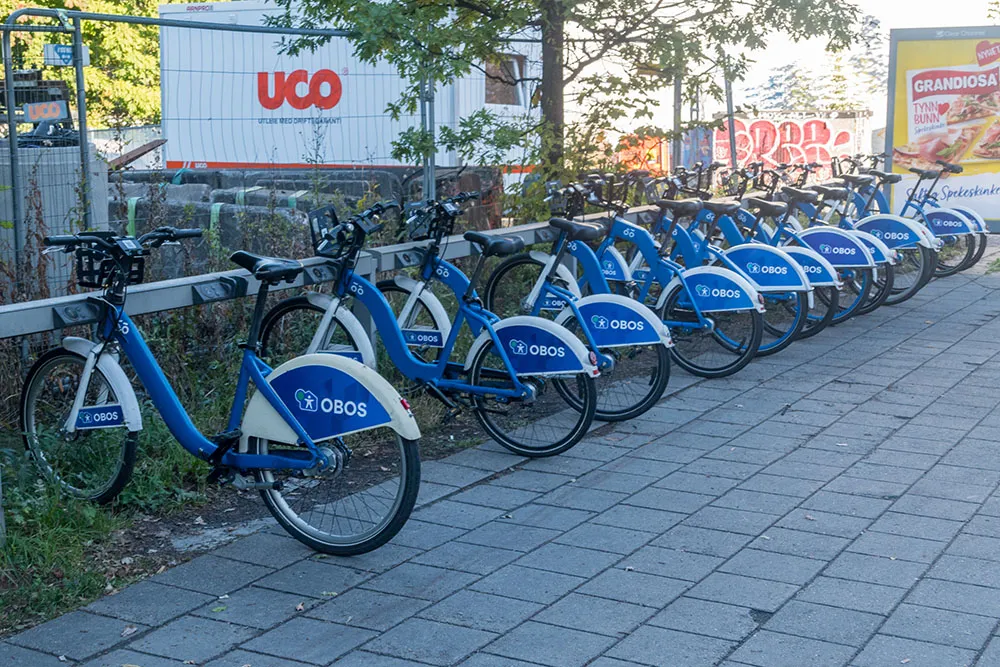Cars will be banned from central Oslo by 2019 to help reduce pollution, local politicians said this week, in what they said would be the first comprehensive and permanent ban for a European capital.
According to Reuters, the newly elected city council, made up of the Labour Party, the Greens and the Socialist Left, said the plans would benefit all citizens despite shop-owners' fears they will hurt business.
"We want to have a car-free centre," Lan Marie Nguyen Berg, lead negotiator for the Green Party
November 5, 2015
Read time: 2 mins
Cars will be banned from central Oslo by 2019 to help reduce pollution, local politicians said this week, in what they said would be the first comprehensive and permanent ban for a European capital.
According to Reuters, the newly elected city council, made up of the Labour Party, the Greens and the Socialist Left, said the plans would benefit all citizens despite shop-owners' fears they will hurt business.
"We want to have a car-free centre," Lan Marie Nguyen Berg, lead negotiator for the Green Party in Oslo, told reporters. "We want to make it better for pedestrians, cyclists. It will be better for shops and everyone."
Under the plans, the council will build at least 60 kilometres of bicycle lanes by 2019, the date of the next municipal elections, and provide a "massive boost" of investment in public transport.
Buses and trams will continue to serve the city centre and arrangements will be found for cars carrying disabled people and vehicles transporting goods to stores, the three parties said in a joint declaration.
Oslo city council will hold consultations, study the experiences of other cities and conduct trial runs, the parties said.
Several European capitals have previously introduced temporary car bans in their city centres, including Paris last month. Some, including Stockholm, London or Madrid have congestion charges to limit car traffic.
Oslo has around 600,000 inhabitants and almost 350,000 cars in the whole city. Most car owners live outside the city centre but within Oslo's boundaries.
According to Reuters, the newly elected city council, made up of the Labour Party, the Greens and the Socialist Left, said the plans would benefit all citizens despite shop-owners' fears they will hurt business.
"We want to have a car-free centre," Lan Marie Nguyen Berg, lead negotiator for the Green Party in Oslo, told reporters. "We want to make it better for pedestrians, cyclists. It will be better for shops and everyone."
Under the plans, the council will build at least 60 kilometres of bicycle lanes by 2019, the date of the next municipal elections, and provide a "massive boost" of investment in public transport.
Buses and trams will continue to serve the city centre and arrangements will be found for cars carrying disabled people and vehicles transporting goods to stores, the three parties said in a joint declaration.
Oslo city council will hold consultations, study the experiences of other cities and conduct trial runs, the parties said.
Several European capitals have previously introduced temporary car bans in their city centres, including Paris last month. Some, including Stockholm, London or Madrid have congestion charges to limit car traffic.
Oslo has around 600,000 inhabitants and almost 350,000 cars in the whole city. Most car owners live outside the city centre but within Oslo's boundaries.










